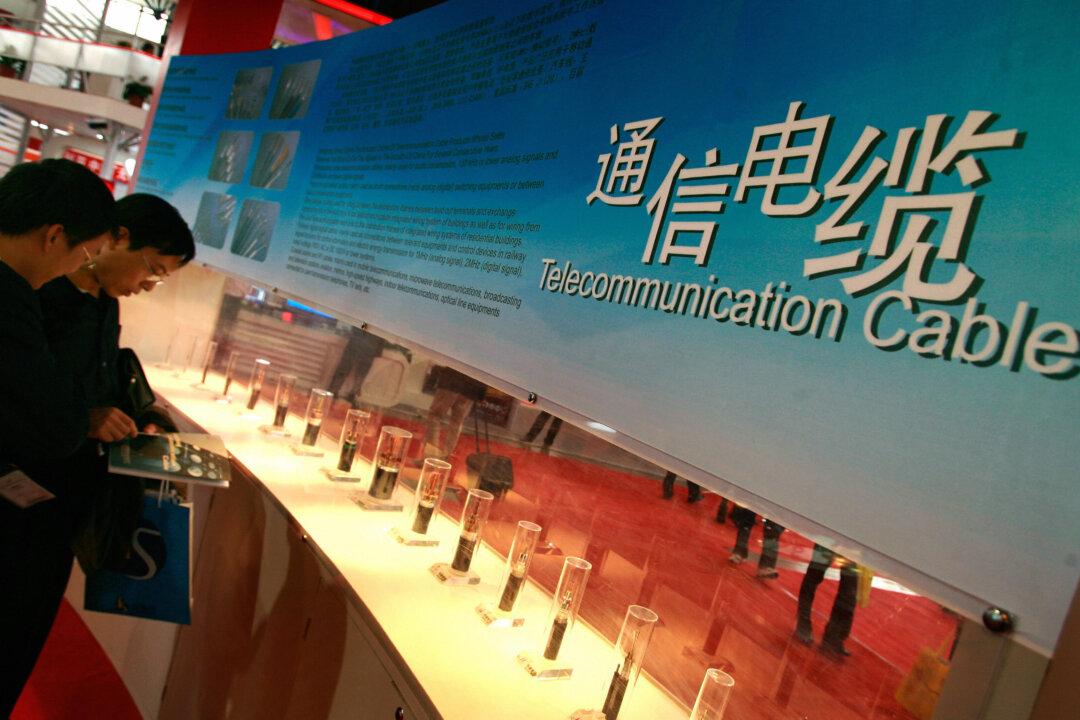Federal agencies on June 17 recommended to the Federal Communications Commission (FCC) that it block plans for an undersea cable between Los Angeles and Hong Kong due to national security concerns.
Pacific Light Cable Network applied to the FCC, seeking to build an undersea cable connection between the United States and Asia, including a direct link between the United States and Hong Kong. The project is backed by Google, Facebook, and Pacific Light Data Co. Ltd., a Hong Kong company which is a subsidiary of Dr. Peng Telecom & Media Group Co—China’s fourth-largest provider of telecoms services.





